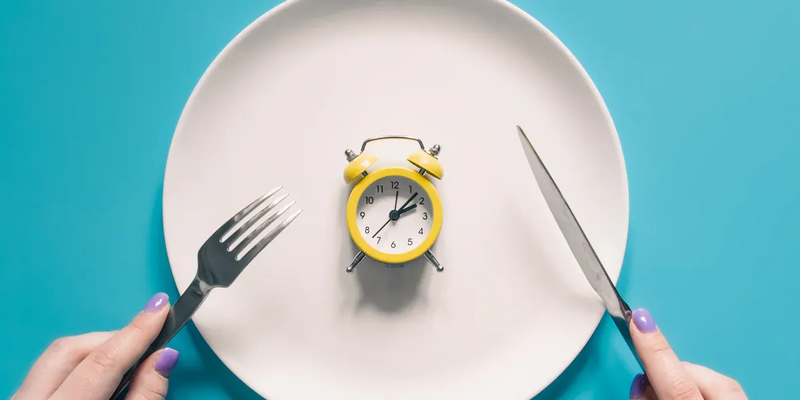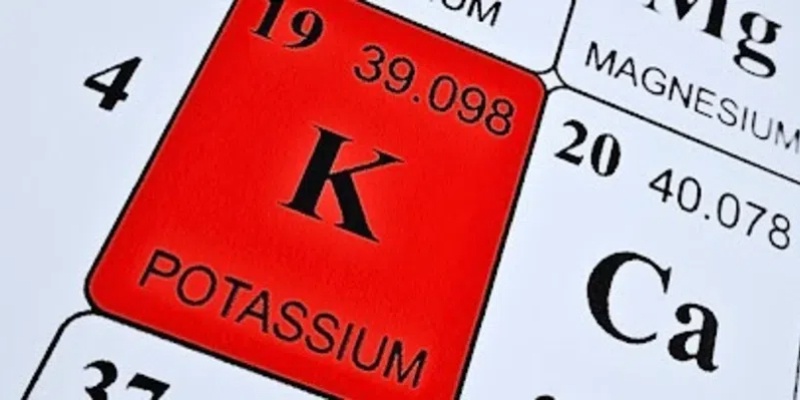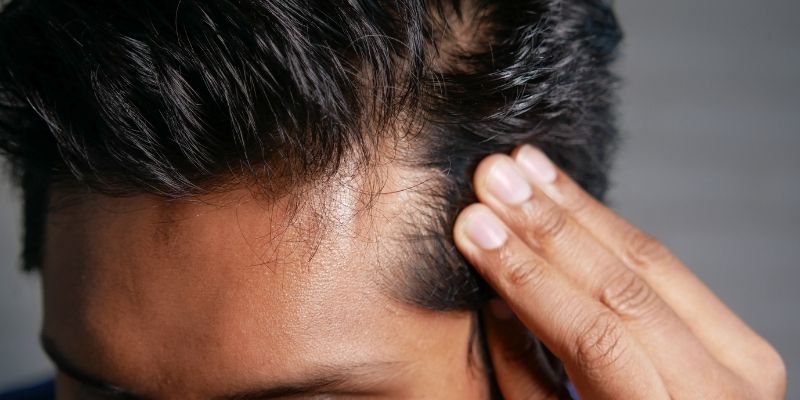All parts of the body, including hair, age naturally. Many individuals find age-related hair changes startling, irritating, or depressing. Hair might be thin, gray, or have a change in texture. However, recognizing and managing these changes may help you have healthy and attractive hair as you age. This article will discuss how aging affects hair, the science behind these changes, how hair type impacts hair, and how to treat and care for aging hair. We will also address when to see a doctor to rule out underlying health conditions causing hair changes.
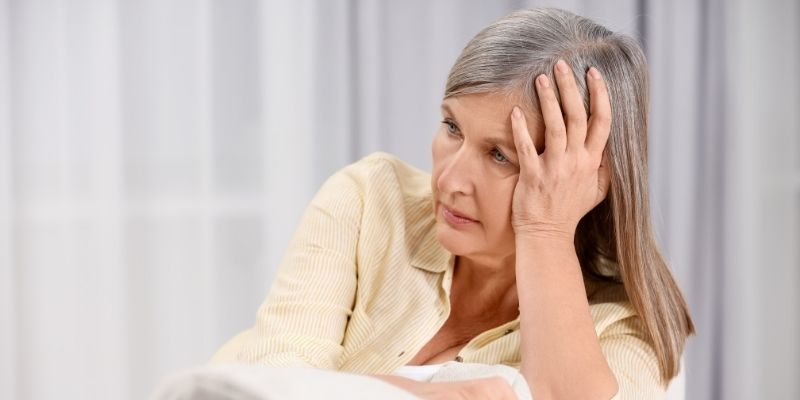
Hair Changes and Effects
Our hair changes with age, affecting its look and texture. Aging, hormones, and heredity cause these changes. The consequences include progressive graying and hair thickness and volume alterations. The most prevalent hair changes with aging are:
- One of the most noticeable indications of aging is the progressive loss of hair color, resulting in gray or white hair. Melanin, the hair color pigment, is lost as hair follicle melanocytes diminish in number and activity.
- As you age, your hair may start to thin. Shrinking hair follicles create shorter, finer hair. This thinning may be more visible on the crown or top of the head.
- Males and women endure hair loss as they age, although it is more frequent in males owing to hereditary factors such as male pattern baldness. Women may have widespread scalp thinning.
- Dry Hair: Aging may reduce scalp oil production, producing drier and brittle hair. Without enough natural oils, hair may dull and break.
- Your hair texture may become coarser, wirier, or frizzy as you age. As hair strands weaken, natural oils that keep hair smooth and lustrous diminish.
- You may have slower hair growth as you age. Hair grows slower and thinner as you age.
The Science of Hair Change
- Genetics, hormonal changes, and cumulative environmental exposures impact hair aging. More on the science underlying the changes:
- As you age, especially after menopause for women, hormone levelsspecifically estrogen and progesteronecan affect hair. Hair may thin or lose color when these hormones fluctuate or diminish.
- Decreased Melanin Production: Melanin gives hair color. Gray hair occurs when hair follicle melanocytes generate less melanin with aging. Melanocytes limit melanin synthesis for unknown reasons; however, age may play a factor.
- Age-related hair follicle shrinkage may make hair finer, shorter, and less thick. Men and women get pattern baldness due to hair follicle shrinkage.
- Reduced Sebum Production: Your scalp produces sebum to keep your hair hydrated and lustrous. Dry, brittle hair that splits and breaks might come from your scalp's sebaceous glands, producing less sebum as you age.
- Hair growth cycle changes: The hair growth cycle has three phases: anagen (growing), catagen (resting), and telogen. Hair grows slower when the anagen phase shortens with age. Thinner hair may also result from fewer active growth phase hair follicles.
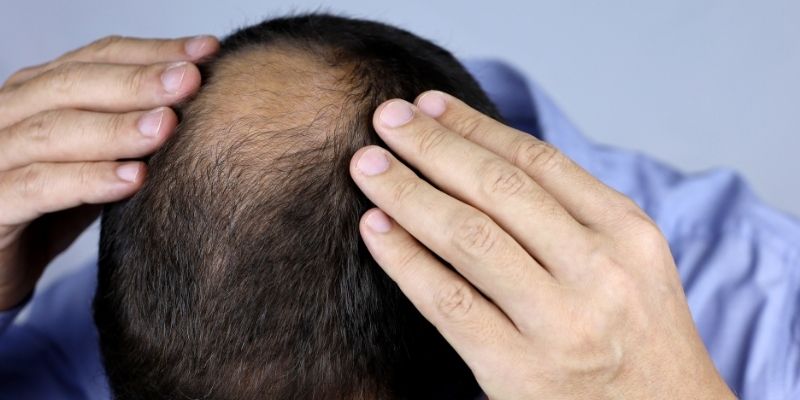
Treatment for Aging Hair
There are several strategies to maintain your hair healthy, bright, and strong as you age. Haircare suggestions for aging:
- Shampoos, conditioners, and styling treatments for aged hair should be mild. Do not use sulfate-containing cosmetics since they deplete hair of its natural oils. Use hydrating and nourishing products to keep your hair nourished.
- Regular conditioning keeps your hair hydrated and nourished, particularly as you age and your hair dries out. Consider weekly deep conditioning for increased hydration.
- Avoid Heat Styling: Blow dryers, flat irons, and curling irons may harm aged hair. Avoid heat styling and use a heat protectant spray before style.
- Regular Trims: Healthy hair requires regular trims to avoid split ends. Trim hair every 6-8 weeks for healthy growth and appearance.
- A balanced diet rich in vitamins and minerals is essential for hair health. Fill your diet with fruits, vegetables, lean meats, fish, and legumes. Omega-3s, zinc, and biotin are crucial for hair health.
- Care for the scalp is vital for healthy hair. Clean and declutter your scalp, then try a mild massage to boost circulation and hair development.
- Hair supplements, including biotin, collagen, and omega-3 fatty acids, may enhance hair health and appearance. To guarantee safety, check with a doctor before using any supplements.
- Embrace Natural Hair dye: Many individuals dye their hair to hide grays, but embracing your natural color may be liberating. Color your hair using mild, ammonia-free colors to reduce damage.
How to Care for Your Hair as You Age
Healthy, bright hair requires proper hair care as you age. Essential aging hair care tips:
- Overwashing: Too many washes deplete hair of natural oils, making it dry and brittle. Wash your hair 2-3 times a week or as required for your hair type.
- Wet hair is more delicate and breakable. Start at the ends and gently untangle your hair with a wide-toothed comb.
- Avoid Sunlight: Prolonged sun exposure causes dry and fragile hair. Use a cap or a UV-protectant hair spray for outdoor UV protection.
- Stay Hydrated: Hair and skin need hydration, too. Drinking water throughout the day will hydrate your hair internally.
- Cotton pillows produce friction, which breaks hair and frizzes. Silk or satin pillowcases decrease friction and hair damage while you sleep.
- Beware of Hair Tension: Ponytails and braids may strain your hair and scalp, particularly as you age. Avoid tight hairstyles or wear them less often to protect hair.
When to See Your Doctor About Unhealthy Hair
Some hair changes are typical with age, but others may suggest severe health conditions that need medical treatment. Sudden or severe hair loss is a key indication. Thyroid, hormonal, or autoimmune illnesses may cause quick or substantial hair loss. Dermatologists can figure out the problem and provide therapy. Itching, redness, or persistent flaking that doesn't improve with typical treatment may indicate dandruff, psoriasis, or seborrheic dermatitis. Dermatologists may treat these conditions and reduce discomfort.
Even with adequate hair care, excessive dryness or breakage may indicate alopecia or nutritional deficits. Hair texture changes like dryness, coarseness, or brittleness might indicate health issues. Doctors may diagnose thyroid issues that alter hair texture. Finally, odd scalp lumps, swelling, or painful sores may suggest an infection. To avoid hair loss, scalp infections should be treated by a doctor.
Conclusion
Your hair may alter as you age, but you can maintain it healthy and brilliant with the correct care. Understand the science behind hair changes, how different hair types are affected, and excellent hair care to age proudly. Therapy and lifestyle changes may help dryness and hair loss, but graying and thinning are inevitable. A good diet, reasonable hair care, and environmental protection may promote hair health. Check with a doctor if you're concerned about significant hair changes. For severe hair loss, a dermatologist or trichologist may suggest lifestyle changes. You can age well and keep your hair healthy and appealing with appropriate care.





